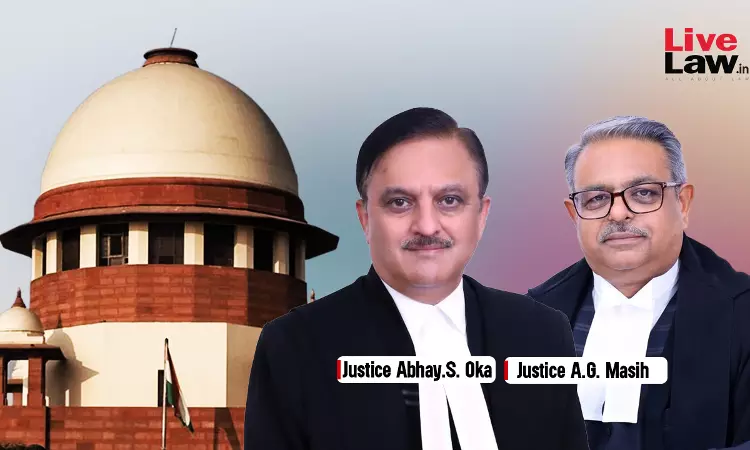Bail Order Shouldn't Be Normally Stayed During Pendency Of Application To Cancel Bail : Supreme Court
Amisha Shrivastava
23 July 2024 10:39 AM IST

Next Story
23 July 2024 10:39 AM IST
In an important judgment, the Supreme Court on Tuesday (July 23) held that bail orders should not be normally stayed. Setting aside an order of the Delhi High Court which stayed the bail granted in a money laundering case, the Court stated that bail orders can be stayed only in exceptional circumstances.The Court's conclusions are :a. In an application made under Section 439(2) of the CrPC...
